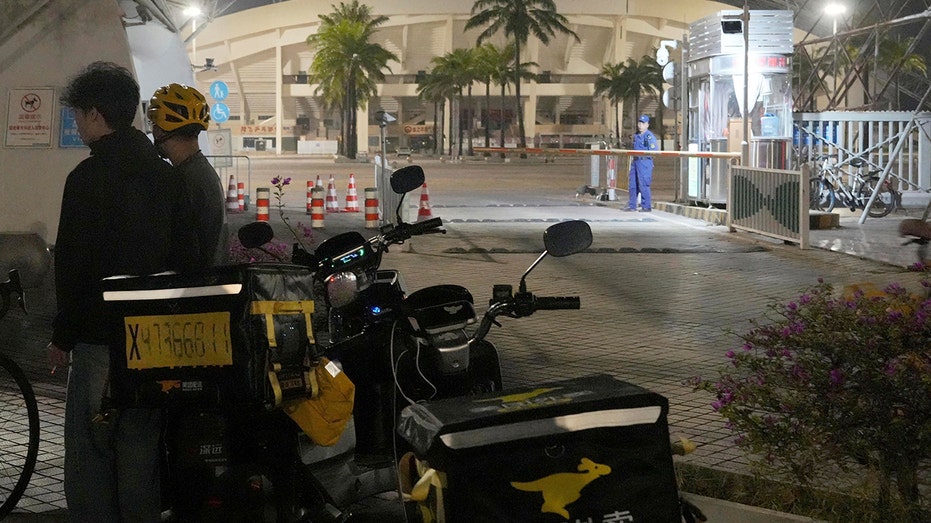Iranian authorities have begun installing cameras in public places to rein in the growing number of women who have discarded their hijabs in violation of the country’s strict dress code.
The cameras are being installed in public and thoroughfares. A police statement carried on state media said the move was aimed at “preventing resistance against the hijab law.” Women who violate the law will “receive warning text messages as to the consequences.”
Many Iranian women have been increasingly ditching their veils since the death of Mahsa Amini, a 22-year-old Kurdish woman who died in the custody of Iran’s morality police after she’d been detained for not wearing her hijab properly. Protests that erupted in the wake of Amini’s death were met with a brutal crackdown by the government.
Despite the risks, videos have flooded social media showing women defying the obligatory dress code as they enter malls, restaurants, shops, and streets.
US SAILS GUIDED-MISSILE CAPABLE SUB TO MIDEAST IN SHOW OF FORCE AGAINST IRAN
The installation of cameras came as dozens of schoolgirls across Iran fell ill in what is suspected to be another wave of poisonings targeting young girls since November.
Saturday’s police statement on the hijab law called on business owners to “seriously monitor the observance of societal norms with their diligent inspections.”
Women in Iran have been compelled to cover their hair and wear long, loose-fitting clothes to disguise their figures since the implementation of Sharia Law, following the 1979 revolution.
Late last month, an Interior Minister described the veil as “one of the civilizational foundations of the Iranian nation” and “one of the practical principles of the Islamic Republic.”
The minister’s statement urged citizens to confront unveiled women. Such directives have, in past decades, emboldened hardliners to attack women. Last week, a viral video showed a man throwing yogurt at two unveiled women in a shop.
Reuters contributed to this report.










